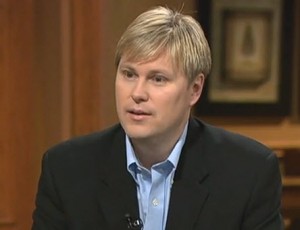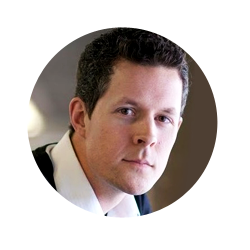
A week after his Globe & Mail article, Overtaxing the Rich: A Cautionary Tale, attracted widespread attention, Scotiabank tax guru Tim Cestnick has followed up with Overtaxing the Rich: Canada’s Tax Debate rages on.
In the original piece, Cestnick floated a colourful parable that suggested the rich are more than paying their share, to the benefit of those less fortunate. But if those with the highest incomes are pushed too far beyond the 50% rate, they may be inclined to leave, making the circumstances of those further down the pyramid that much worse.
With 650 comments and counting, it’s no hyperbole in this case to say there’s a true debate that’s raging here. And with an election coming up this fall, it’s safe to say this topic won’t be going away any time soon. The new higher TFSA limits are certainly a major element of this debate. No surprise that we at the Hub favour the new higher limits and I’d be surprised if Tim Cestnick or any of his well-heeled clients feels any differently.
The Bond dilemma
Meanwhile, rich or not and highly taxed or not, it continues to be a struggle finding yield at today’s paltry levels of interest rates, which of course are fully taxed outside registered accounts. This was one of several themes I picked up at a recent ETF and mutual fund conference in Chicago. Here’s my column in Motley Fool Canada on this topic, titled Caution Ahead: Why Bonds May Soon Become Much Harder to Manage.
In a similar vein, The Daily Reckoning’s Bill Bonner warned this week that Bonds are No Longer a Safe Haven. I guess that leaves cash or stocks. Continue Reading…






